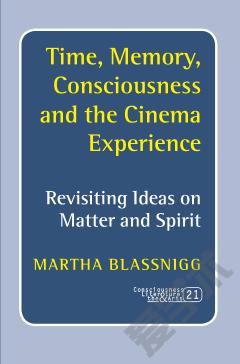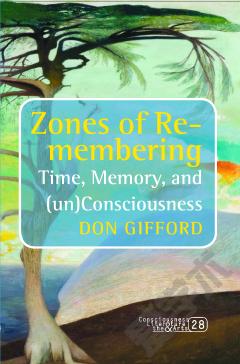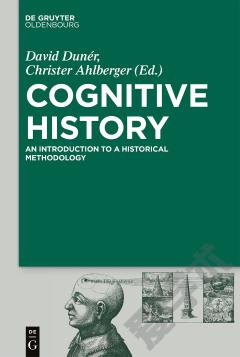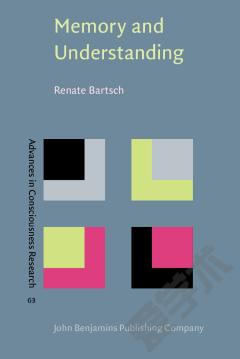Time, Memory, Consciousness and the Cinema Experience —— Revisiting Ideas on Matter and Spirit
----- 时间、记忆、意识和电影经验:重新审查物质和精神观念
In this book cinema spectators are presented as ‘observing participants’, that is, agents who take part in their own perceptual processes. It takes experience into the centre of its investigation to propose the spectators’ active participation. It applies this to understanding cinema, from its outset, as a philosophical dispositif. To this end, the book explores crucial interconnections between the various constituencies that shaped moving image technologies and their reception at the nexus of science, art and popular culture at the end of the 19th century and some of the prevailing concerns about time, movement, memory and consciousness. It discusses in particular the interrelations between the works by the philosopher Henri Bergson, the physiologist Étienne-Jules Marey and the art-historian Aby Warburg’s intervention with the Mnemosyne Atlas. Bergson’s main themes germane to these concerns are discussed in detail in order to show how, during the perceptual processes, the seemingly contradictory tendencies of the mind — intellect and intuition — can help us understand the so-called ‘spiritual’ dimension of the emerging cinema from the perspective of the spectators’ cognitive engagement. This perspective invites us to include the experiential qualities of mental processes, such as the interaction between affect, thought and action and the interrelation between memory, perception and consciousness in the study of audio-visual media and elsewhere.
{{comment.content}}








 京公网安备 11010802027623号
京公网安备 11010802027623号